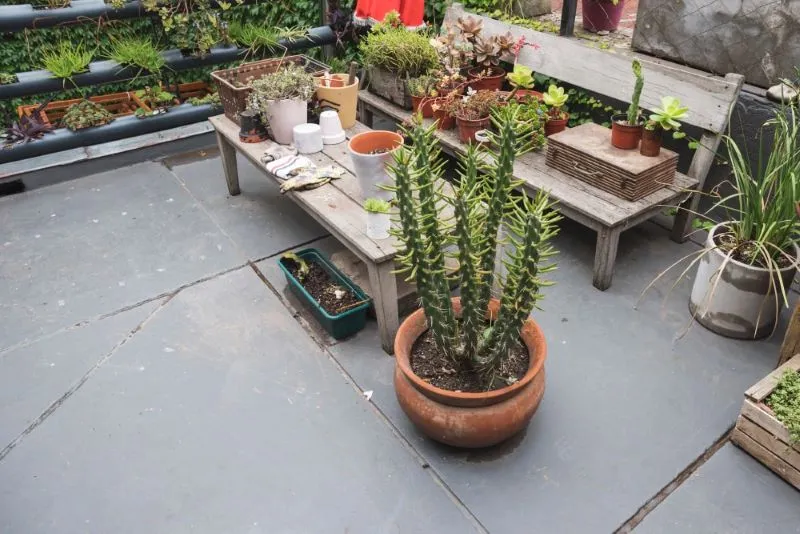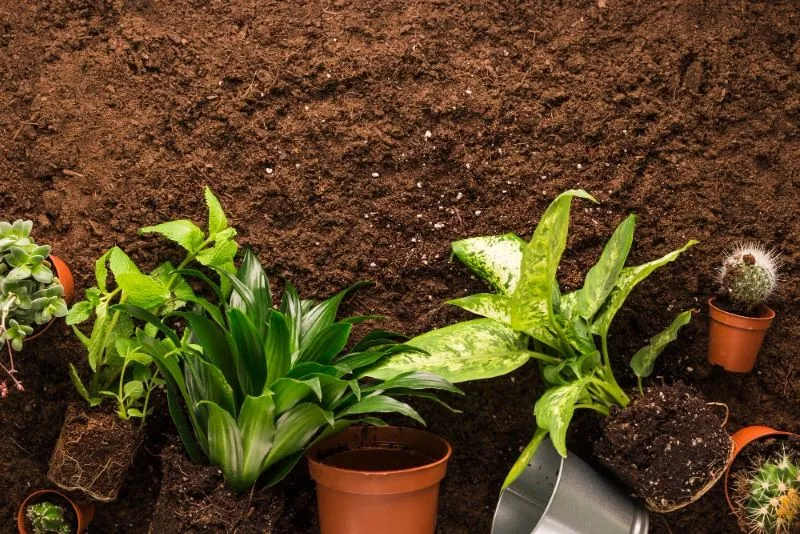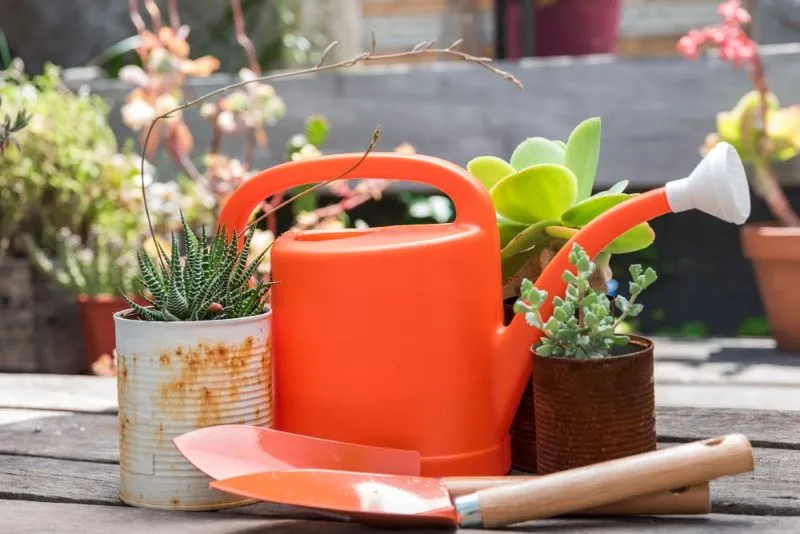Blog
Check to see new blog articles weekly!

Maximizing Small Spaces: Creative Urban Gardening Hacks →
Urban gardening is all about making the most of limited space. Whether you
have a tiny balcony, a rooftop, or just a sunny windowsill, you can create a thriving
garden with some clever design strategies. Vertical gardening is one of the best ways to
maximize space; use wall planters, trellises, or hanging baskets to grow plants upwards
rather than outwards. Stackable planters and tiered shelving can also help fit more
greenery in small areas. If you have a railing, consider using railing planters for
herbs or trailing plants.
Another trick is companion planting, where you grow plants that benefit each other in
the same container. For example, tomatoes and basil not only taste great together but
also grow well side by side. Additionally, hydroponic and aeroponic systems offer
soil-free alternatives for city dwellers looking to grow fresh produce indoors. By
thinking creatively and using every inch of available space, you can transform even the
smallest urban area into a lush, productive garden.

The Science of Soil: How to Keep Your Urban Garden Thriving →
Good soil is the foundation of a successful garden, but in urban
environments, soil quality can be a challenge. Many city gardeners rely on container
gardening with potting mix, but not all soils are created equal. A high-quality mix
should be well-draining, nutrient-rich, and aerated to support healthy root growth.
Adding compost to your soil regularly improves its fertility and introduces beneficial
microbes that help plants absorb nutrients.
If you're gardening in raised beds or repurposed containers, consider using a soil blend
with a mix of peat moss, perlite, and organic matter. For those who want to go the extra
mile, soil testing kits can help determine pH levels and nutrient deficiencies. Urban
environments often expose plants to more pollution, so choosing organic fertilizers like
worm castings or seaweed extract can help maintain a safe, sustainable garden. With the
right soil care techniques, you can ensure that your plants get the nutrients they need
to flourish.

Eco-Friendly Watering: How to Conserve Water in Your Urban Garden →
Water is a precious resource, especially in urban areas where conservation
is key. Traditional watering methods can be wasteful, but there are plenty of ways to
keep your plants hydrated while minimizing waste. One of the most effective methods is
drip irrigation, which delivers water directly to the roots and reduces evaporation. If
you're growing plants in containers, consider using self-watering pots that retain
moisture for longer periods.
Mulching is another great way to conserve water. Adding a layer of organic mulch (such
as shredded leaves or straw) around your plants helps retain soil moisture and reduces
the need for frequent watering. Collecting rainwater in barrels or small containers can
provide a free and sustainable watering source. Lastly, watering at the right
time, preferably early in the morning or late in the evening, reduces evaporation and
ensures your plants absorb as much moisture as possible. By incorporating these
eco-friendly watering techniques, you can keep your garden lush while being mindful of
water usage.

Urban Gardening and Mental Health: The Healing Power of Green Spaces →
Did you know that gardening isn't just great for growing food—it's also incredibly
beneficial for your mental health? Studies have shown that spending time in green
spaces, even small urban gardens, can reduce stress, improve mood, and boost overall
well-being. The act of planting and nurturing plants provides a sense of accomplishment
and mindfulness, making it an excellent stress-relieving activity.
Urban gardening also fosters a connection with nature, something that's often missing in
fast-paced city life. Whether you're tending to a few potted plants on your balcony or
managing a full rooftop garden, the presence of greenery has been linked to lower levels
of anxiety and depression. Additionally, community gardens offer a way for city dwellers
to interact with neighbors, share gardening knowledge, and create a sense of belonging.
Even if you have limited space, adding a few indoor plants or creating a small herb
garden can have a positive impact on your mood and productivity. So next time you're
feeling overwhelmed, step outside, dig your hands into the soil, and let the healing
power of urban gardening work its magic.